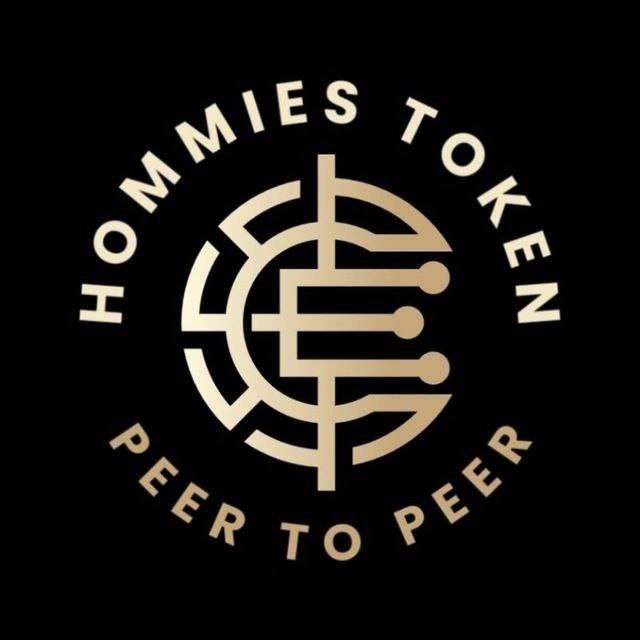
Digital Credentials and Blockchain: Transforming the FE Landscape

Digital Credentials and Blockchain: Transforming the FE Landscape
Blockchain technology enhances the security and transparency of digital credentials in Further Education (FE).
Key Takeaways
- Blockchain technology is reshaping Further Education (FE) by enhancing security, transparency, and trust in digital credentials.
- Decentralization makes blockchain an ideal solution for preventing fraud and forgery in credentialing.
- Learners gain control and ownership of their digital credentials with blockchain, enabling secure sharing.
- Educational institutions are partnering with blockchain platforms to issue and verify digital credentials, creating credentialing ecosystems.
Promoting skills and achievements with blockchain
Blockchain technology is poised to revolutionize the Further Education (FE) landscape, particularly in the realm of digital credentials. In a world where trust and security are paramount, blockchain’s decentralized and immutable nature is proving to be a game-changer.
Traditional credentialing systems rely on centralized authorities, making them susceptible to fraud and tampering. Blockchain, on the other hand, eliminates this vulnerability by distributing the verification process across a network of computers, known as nodes. Each node maintains a copy of the blockchain, ensuring that any attempt to manipulate or forge a credential would require tampering with multiple copies simultaneously, making it virtually impossible to alter records undetected.
A lifetime of skills – digitally stored
Once a credential is recorded on the blockchain, it becomes a permanent and unchangeable entry in the ledger. This unalterable nature ensures the integrity of digital credentials, giving employers and educational institutions the confidence to validate a candidate’s qualifications by accessing the blockchain.
Blockchain also empowers learners by allowing them to securely store their credentials in a digital wallet, granting them control over their personal data while still enabling the sharing of their qualifications with potential employers or educational institutions.
The impact of blockchain on FE is already evident, with educational institutions partnering with blockchain platforms to issue digital credentials anchored to the blockchain, instantly verifying their authenticity. Furthermore, emerging platforms are enabling the creation of comprehensive credentialing ecosystems, complete with skills validation and reputation systems, offering even more value from digital credentials.
Digital Credentials and Blockchain: Transforming the FE Landscape https://t.co/jXcpvQhtfr #ExclusivetoFENews #Education Read more here:
— FE News (@FENews) October 19, 2023
Overall
Blockchain’s potential to transform the FE landscape is undeniable. Educational institutions and stakeholders must actively embrace this technology. Standardization and framework development are essential for seamless integration of blockchain-based systems. Additionally, educating learners and employers about the advantages of blockchain-based credentials is crucial for wider acceptance and recognition across the job market.
The intersection of blockchain and digital credentials promises a more secure, transparent, and learner-centric future for Further Education, offering a powerful tool to build trust and credibility in the academic and professional world.
Post Views: 124


